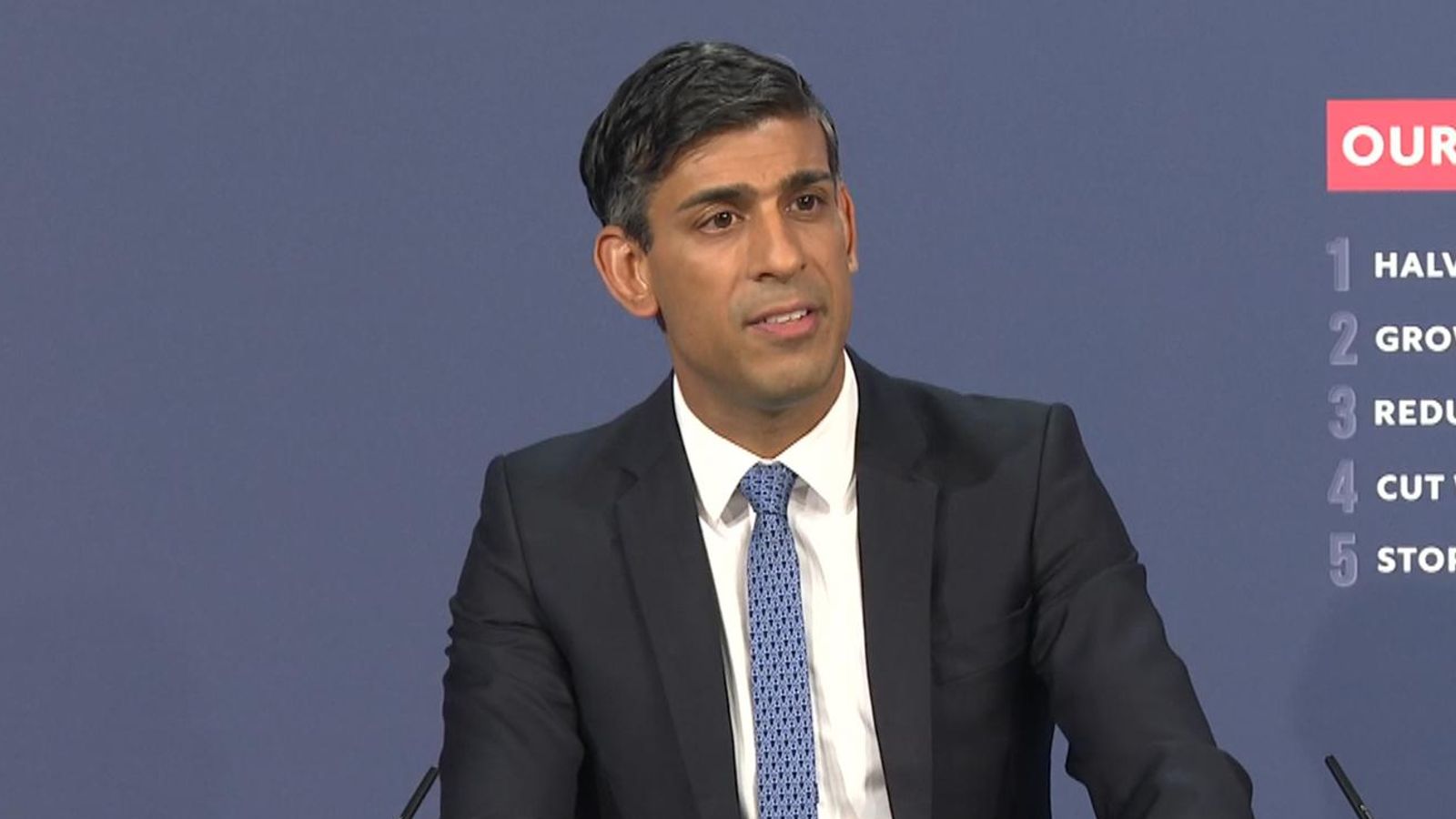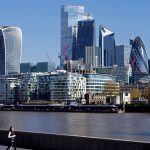The prime minister has been criticised by Britain’s biggest representative group for smaller employers after excluding them from his new council of private sector advisers.
Speaking to Sky News, the Federation of Small Businesses (FSB) attacked Rishi Sunak’s focus on “corporate bigwigs” and “suits”.
Its comments come on the day that the PM’s new Business Council – comprising more than a dozen FTSE-100 chairs and CEOs – meets for the first time.
Its members include Dame Alison Rose, the NatWest Group chief executive; Amanda Blanc, the Aviva CEO; Charles Woodburn, the BAE Systems chief; and Simon Roberts, CEO of J Sainsbury.
Of its 14 members, all but one run companies in London’s blue-chip share index, with the only exception being Demis Hassabis, the boss of Google DeepMind.
A senior FSB executive said Mr Sunak’s new council failed to reflect the “diversity among the UK’s brilliant 5.5 million-strong business community [which] is not reflected in 14 corporate bigwigs getting around a table twice a year”.
“We’ve been told this group has been formed after complaints that corporate Britain isn’t getting a hearing,” said Craig Beaumont, the FSB’s external affairs chief.
Only 32 of 40 new hospitals promised by Boris Johnson to be built by 2030 – and some may be too small, audit suggests
Westminster Accounts: Number 10 says MPs should ‘focus on serving constituencies’ after Sky News reveal second jobs earnings
‘Unconscionable’: Junior doctors hit back at ‘final’ pay offer – as union demands 35%
“However, Downing Street is the cockpit of the nation, and should be listening to ideas and talent from right across the business community.”
The FSB, which represents 160,000 SMEs and is one of the UK’s most influential business lobbying groups, questioned how effective a panel consisting solely of major company bosses could be.
“What do these suits know about the issues facing small businesses in our local communities and on our high streets?
“What about the need for a new wave of start-ups? What about how small business owners will be able to use AI or tackle Net Zero? How about solving late payments entrenched in UK boardrooms to their small business suppliers?”
“The UK has some of the most dynamic, small firms that are changing the world – they would bring disruptive new ideas from the economy in to public policy thinking,” Mr Beaumont added.
“They could be added around that table, too, alongside these large incumbents.”
The strongly worded comments come as Mr Sunak seeks to win support for his economic strategy ahead of the next election, even as high rates of inflation continue to wreak havoc across many sectors.
In an announcement on Monday confirming Sky News’ report last week about the creation of the new council, Downing Street said it would “discuss ways to boost investment, innovation, and access to skills and talent”.
Other companies represented on it include AstraZeneca, Barclays, Diageo, Shell and SSE.
The council members’ businesses collectively employ around 330,000 people across the country, according to No 10.
“The more businesses innovate and invest, the more we grow and create good jobs right across the country,” Mr Sunak said.
“I look forward to hearing first-hand from business leaders about how we can break down the barriers they face and unlock new opportunities for them to thrive.
The PM’s ability to point to a sharp fall in inflation over the next 12 months is likely to be a key factor in the Tories’ performance at the ballot box.
Boris Johnson, whose relationship with private sector bosses was frequently under strain, presided over several meetings of his own business group, whose members included bosses from Octopus Energy, Iceland Foods and Virgin Atlantic.
Under leader Sir Keir Starmer, Labour has been attempting to reposition itself as a business-friendly government-in-waiting.






















